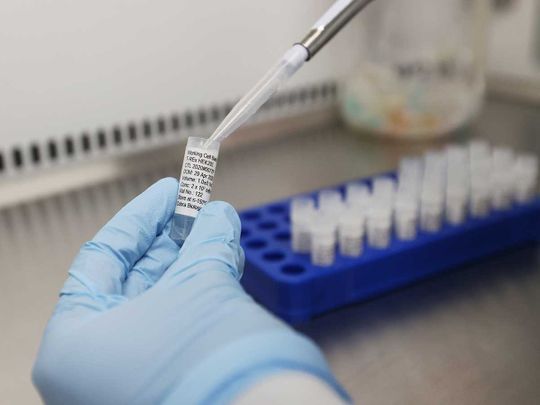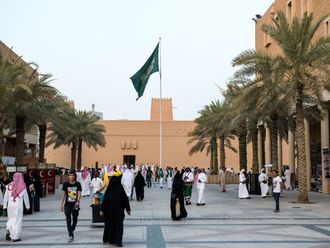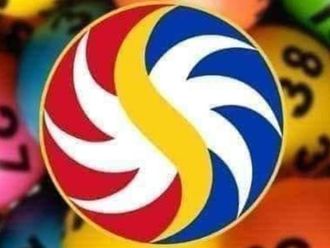
The study was primarily designed to look at the safety of the shot and showed no major warning signs in a small phase 1 trial, the company said in a statement Monday. The trial is being run with the US government, and Moderna plans to continue advancing it to wider testing.
Moderna shares surged 26% in trading before the market opened in New York. The company plans to report full results from the trial later.
A vaccine is considered a crucial step to lifting social-distancing measures and safely reopening economies, schools and events around the globe. The new coronavirus, known as SARS-CoV-2, has infected more than 4.7 million people and killed over 300,000, spurring a global race by drugmakers, academic institutions and governments to find a vaccine.
Researchers also looked at blood samples from the test subjects and whether the vaccine helped them generate antibodies that could fight off an infection. The researchers found that at two lower dose levels used in the study, levels of antibodies found after getting a second booster shot of the vaccine either equaled or exceeded the levels of antibodies found in patients who had recovered from the virus.
"This is a very good sign that we make an antibody that can stop the virus from replicating," Moderna Chief Executive Officer Stephane Bancel said in an interview. The data "couldn't have been better," he said.
Bancel said that safety profile appeared to be good, and the reactions were typical of vaccines. They included injection site pain and redness, as well as temporary fever or chills that quickly go away on their own, he said.
Bancel said the company felt it needed to release the interim data from the trial because of the high level of interest in the vaccine. A phase 2 trial is expected to begin shortly, and Moderna said in its statement that a final-stage trial will begin in July.
Researchers also looked at blood samples from the test subjects and whether the vaccine helped them generate antibodies that could bind to the virus and ones that can fight off an infection. The looked at both the quantity of coronavirus antibodies produced, and in a smaller subset of patients, whether those antibodies were sufficient to prevent the virus from infecting cells in test tube experiments.
In 25 patients who got either of the two smaller doses used in the study, researchers reported that the levels of antibodies equaled or exceeded the levels of antibodies found in patients who had recovered from the virus.
The second test, evaluating the quality of those antibodies, was only available for eight of the patients because it takes longer to perform. But in all eight patients, the vaccine successfully stimulated the body to create antibodies capable of neutralizing the virus in the test tube, so it can no longer infect cells.
New vaccine technology
Most vaccines either consist of inactive pieces of a virus or proteins from a virus made through genetic engineering. When injected into the body, they trigger a lasting immune response similar to that of a patient who has been infected and recovered.
By contrast, the mRNA technology being used by Moderna and several others relies on the body's own cells to produce viral proteins. Once injected into the body, the RNA slips into human cells and tells them to make virus-like proteins, in this case the "spike" protein on the surface of the coronavirus. If the vaccine works, those proteins then trigger the body to generate protective antibodies.
While the technology is new and hasn't been used in an approved vaccine before, it allows researchers to move fast into trials. Moderna started working on its Covid-19 vaccine as soon as Chinese scientists put out the gene sequence for the virus in January. By late February, Moderna's scientists had already delivered the first batch of candidate vaccines to researchers at the U.S. National Institutes of Health. In mid-March, the first healthy patient received a dose in the government-sponsored safety trial.
Former GlaxoSmithKline Plc executive Moncef Slaoui, who is set to become the chief scientist for Operation Warp Speed, the White House effort to turbocharge vaccine development, has been a board member at Moderna since 2017. According to a person familiar with the matter, he will leave that and other board seats once he starts the position.








